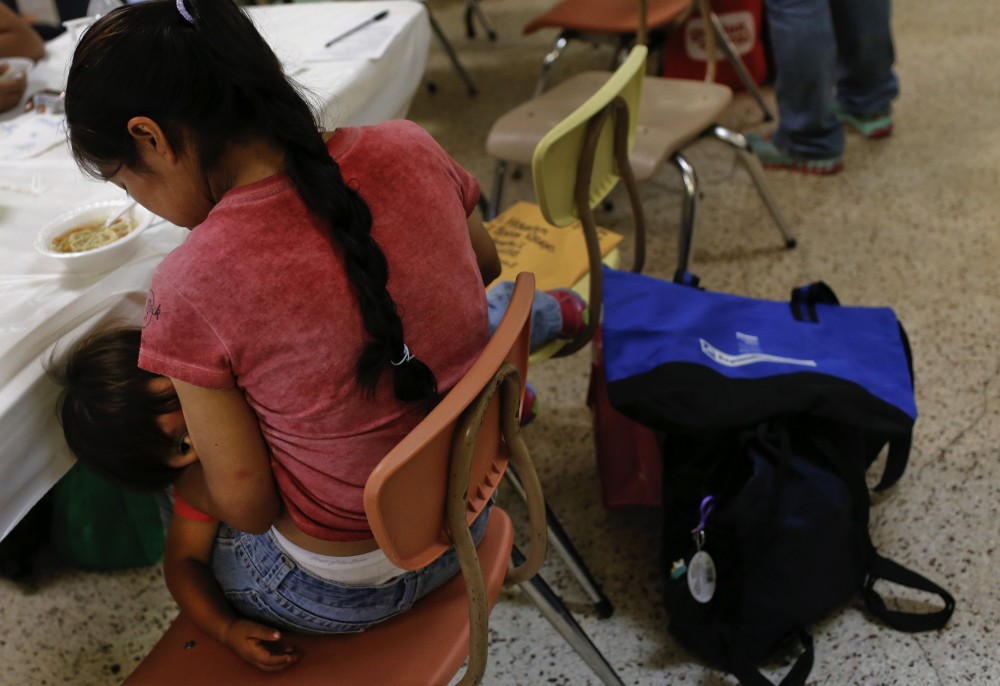By Shanon Quinn
Moscow-Pullman Daily News, Moscow, Idaho.
The act of closing the gender gap, investing in women and acknowledging their role in human development can bring about worldwide change, Mpule Kwelagobe told the crowd of students and faculty in Washington State University’s Compton Union Building Senior Ballroom on Wednesday.
“Research confirms women reinvest more than 90 percent of their incomes and assets in their children and families,” she said. “So putting income and assets in the hands of women leads to high investment in good security, health and nutrition, education and development.
buy cialis daily generic buy cialis daily online no prescription
”
The same study shows men are more likely to invest their income into the accumulation of more assets, she said.
“They’ll invest their money in buying that new car or that new tractor, if they’re farmers. This is not male bashing, this is just research that has been proven,” she said.
Kwelagobe, who in 1999 became the first African woman to compete in an international pageant, as well as the first to win, followed up her tenure as Miss Universe with a degree in International Political Economy from Columbia University in New York.
Now she heads the Institute for Endogenous Development, which seeks to strengthen links between agriculture, food security, nutrition, health and human development in Africa. While in Moscow, she also visited the Palouse Clearwater Environmental Institute.
“The gender gap is the difference between women and men, especially as reflected in social, political, intellectual, cultural or economic attainments or attitudes. When economists speak of the gender gap they’re usually speaking of systemic differences in the outcomes that men and women achieve in the labor market,” Kwelagobe said.
Those differences can be significant, even in the U.S.
A 2010 census performed by the National Women’s Law Center showed for the first time in nearly two decades, the number of women in poverty had increased.
There were 800,0000 more women living in poverty since 1992, she said.
“We’re seeing a rise in the feminization of poverty,” Kwelagobe said. “Women and the poor are usually one and the same across the world. This trend is not only a consequence of lack of income but the lack of opportunity due to gender biases and gender roles in some societies.”
In Africa 79 percent of women work more than 16 hours per day, making their work days on average 50 percent longer than that of men, yet women make up the majority of the working poor, not only in Africa but the world over, she said.
In the U.S., one in seven women live in poverty.
“This is not just Africa, this is around the world,” Kwelagobe said. “And when women are in poverty it automatically means that children are in poverty.”
Kwelagobe said gender inequality presents enormous challenges for women to achieve economic empowerment, and the situation constitutes a key dimension in human poverty.
“That results in deprivation in education, in health and nutrition,” she said.
A problem which she said trickles down to the young, particularly girls.
“Poverty in women does not remain with women — it also impacts girls. Girls make up 60 percent of the world’s children not in school,” she said.
To close the gender gap, Kwelagobe said advocates need to inform men and boys that championing the cause of gender equality is beneficial to all.
“Strengthening women’s voices within the household by empowering them economically is a proven strategy for enhancing security, nutrition, education and health of children,” she said. “Gender equality, the investment in women, really advances entire societies.”














































































































































































































































































































































































